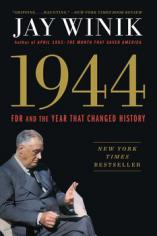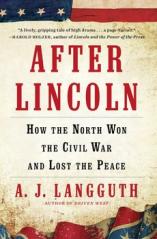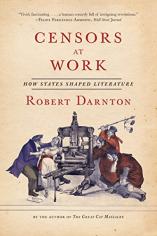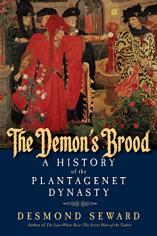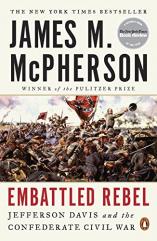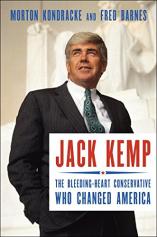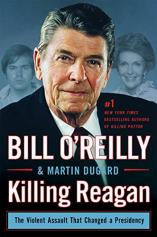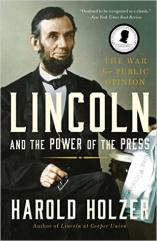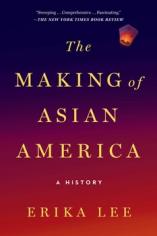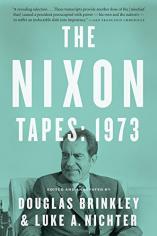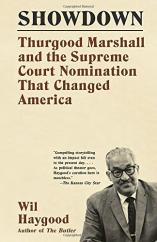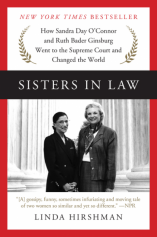September 2015
History Books Roundup: Reliving the Past
September 2015

September's roundup of History titles includes KILLING REAGAN, Bill O'Reilly and Martin Dugard's page-turning epic account of the career of President Ronald Reagan that tells the vivid story of his rise to power --- and the forces of evil that conspired to bring him down; RFK Jr. by Jerry Oppenheimer, a sensational biography of the son of the legendary Senator and troubled standard bearer of America's most fabled political dynasty; THE CONQUERING TIDE, a masterful history by Ian W. Toll that encompasses the heart of the Pacific War, when parallel Allied counteroffensives north and south of the equator washed over Japan's far-flung island empire like a "conquering tide," concluding with Japan's irreversible strategic defeat in the Marianas; and THE MAKING OF ASIAN AMERICA by Erika Lee, which tells the little-known history of Asian Americans and their role in American life.

